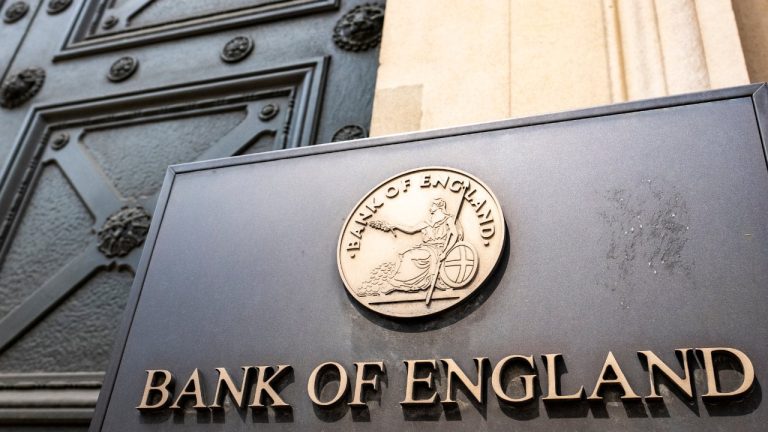A simple study noted that Ethereum staking may lead to a very big problem for the privacy of the Ethereum network validators.
Ethereum is 2nd top-ranked crypto asset by trade market cap, just after Bitcoin. Initially, Ethereum was launched on Proof-of-work (PoW) consensus but in September 2022 Ethereum community devs successfully shifted the Ethereum blockchain from the PoW consensus to Proof-of-stake (PoS) Beacon chain.
Last week, Ethereum’s Shapella hard fork completed and enabled all the Ethereum network validators to stake & unstake their ETH with full freedom.
As we know that staking on any blockchain network is technical support for that blockchain but here in the case of Ethereum staking people are not getting back support from the Ethereum staking system.
Many prominent people in the crypto sector noted that staking on Ethereum may risk to the privacy of the stakers (or say validators).
The report noted that Ethereum stakers needed to provide their unique IP address. The IP enables computers to communicate with each other, and validators must connect to the network and perform their duties.
Usually, people try to remain anonymous in the Crypto sector, but may not be the same thing for all people. Experts believe that an IP address is a unique digit that can be misused by bad actors to launch attacks or gain unauthorized access to the validator’s system.
A few crypto Twitter users noted that Ethereum is now no more decentralized and also now we can treat it as a surveillance coin.
Another crypto Twitter user claimed that it is an eample of centralized governance system and said that it is not a funny thing.
Use of VPN
Few people suggested using Virtual Private Network (VPN) services to bypass this privacy threat but many experts noted that the majority of VPN services are not much better for crypto staking purposes, as the VPN service itself might go down from time to time, and also it changes its self-assigned IP address. In short, VPN can’t be used as a solution to fight against this issue.
Read also: Only 2% of Americans are extremely confident with crypto deals



 (@FINterpreterSS)
(@FINterpreterSS) 

